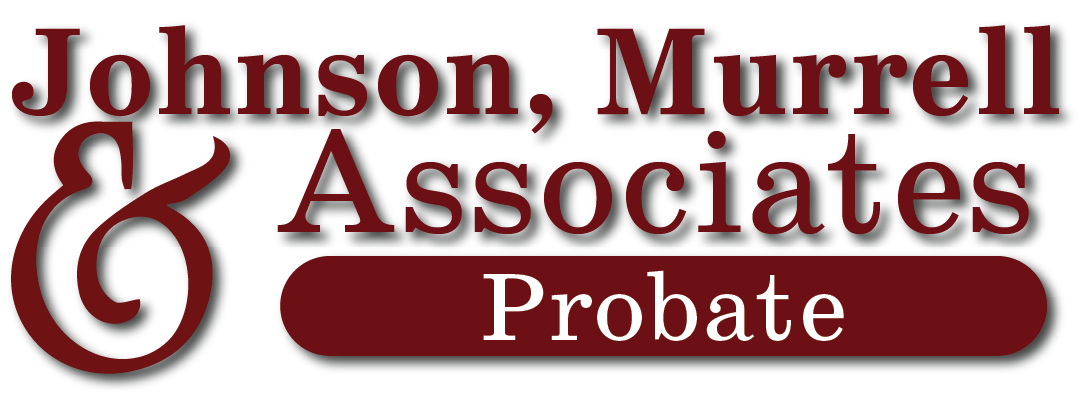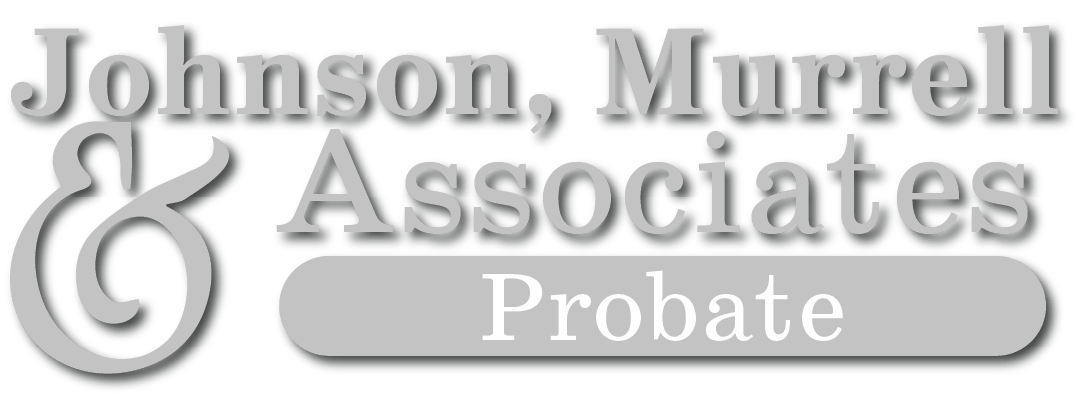As a hardworking business owner, you’ve poured your heart and soul into building your company. After all your efforts, it’s important to make sure you don’t overlook estate planning. Many business owners in Tennessee ignore or procrastinate legacy planning, but it’s a necessary step to protect your assets and provide for your loved ones, giving you peace of mind for the future.
Estate planning for small business owners involves creating legal strategies to ensure smooth asset transition, minimize taxes, and maintain business continuity. Key components include wills, trusts, buy-sell agreements, and life insurance. Guidance from Johnson, Murrell & Associates can help create tailored plans that protect your legacy.
What Is Estate Planning?
Estate planning involves preparing for the transfer of assets, including the business itself, in the event of your incapacity or death. It encompasses creating legal documents and strategies to ensure the smooth transition of:
- Ownership
- Management
- Assets
For small business owners, estate planning is particularly relevant as it addresses the unique challenges of preserving and protecting your life’s work.
These challenges include everything from minimizing tax liabilities to ensuring continuity as you balance your personal and business interests. Without proper planning, business owners risk leaving their enterprise vulnerable to disruption, potentially jeopardizing its survival and their family’s financial security.
Why Business Succession Planning Is Important
Despite the majority of businesses wanting a succession plan, only 15% of businesses have one. Business succession planning is a strategic process that prepares for the future leadership and ownership of a company. It involves noting potential successors, establishing clear transition protocols, and addressing legal and financial considerations.
The importance of this stage of estate planning for business owners can’t be overstated. A well-crafted succession plan:
- Ensures business continuity
- Preserves company value
- Maintains client confidence
It provides a roadmap for navigating complex transitions regardless of retirement, incapacitation, or the owner’s passing.
Without a solid succession plan, your business faces significant risks such as leadership vacuums, family conflicts, and potential forced sales. In each case, the company’s survival is threatened.
Succession planning is an investment in the long-term success and stability of the business. It provides peace of mind for owners and clients alike. By proactively addressing these issues, you can protect your legacy, safeguard employees’ livelihoods, and ensure that your business thrives beyond your tenure.
Key Components of Estate Planning for Business Owners
Estate planning for small business owners is important for ensuring a smooth transition of ownership and management, minimizing estate taxes, and providing financial security for heirs or chosen successors.
This can be accomplished by the strategic use of:
- Wills and trusts
- Buy-sell agreements
- Life insurance
Wills and Trusts
Wills and trusts are fundamental components of an estate plan. Traditional and online wills alike specify how assets, including business interests, should be distributed after death. However, assets distributed through a will must go through probate, which can be time-consuming and costly.
In contrast, a trust allows assets to be managed and distributed without probate, ensuring a more efficient transfer. Trusts can also provide ongoing management of business assets if the owner becomes incapacitated, offering greater control and flexibility over asset distribution.
Buy-Sell Agreements
A buy-sell agreement is a legally binding document that outlines how a business owner’s share will be transferred upon their death, disability, or retirement. This agreement can prevent disputes among remaining owners and heirs by specifying who can buy the departing owner’s share and at what price. Life insurance is often used to fund buy-sell agreements.
Life Insurance
Life insurance can cover business debts, ensuring that the business remains solvent after the owner’s death. Additionally, the proceeds from a life insurance policy can facilitate a business’s transfer of ownership by providing the funds needed to execute buy-sell agreements. They can also support the business during the transition period. This financial support helps maintain business operations and protects the financial interests of the owner’s family and partners.
Can Estate Planning for Small Business Owners Help Avoid Probate?
Estate planning for small business owners in Tennessee can bypass probate with proper strategies. Probate can be lengthy, costly, and public, potentially disrupting business operations and exposing financial details. Complications from the probate process may include disputes over asset valuation, ownership transfer delays, and cash flow issues.
By structuring estate plans to avoid probate, you can ensure:
- Faster asset distribution
- Maintain privacy
- Reduce expenses
- Minimize potential disputes
This ultimately protects your business legacy.
You can also use joint ownership with the right of survivorship and payable-on-death designations for financial accounts can also bypass probate. Additionally, Tennessee offers simplified “small estate” procedures for estates valued under $50,000, excluding real estate.
Preventing Disputes Among Heirs
Estate planning for business owners can help prevent disputes among heirs. Clear and detailed estate plans outline the distribution of business assets and designate roles, reducing ambiguity and potential conflicts.
Strategies include:
- Creating a comprehensive will
- Establishing trusts to manage and distribute assets
- Drafting buy-sell agreements to outline ownership transfer
For example, imagine a family restaurant owner creating a comprehensive will and establishing a trust to manage the business assets. The plan designates her eldest daughter as the successor, outlines specific roles for other family members, and includes a buy-sell agreement. This ensures a smooth transition of ownership and helps prevent disputes among heirs.
Additionally, involving heirs in the planning process and setting up life insurance policies to provide liquidity can ensure fair distribution. These measures help maintain family harmony, protect the business’s continuity, and uphold your legacy.
Partner with Johnson, Murrell & Associates
Estate planning for small business owners ensures a smooth transition of ownership and safeguards business continuity. Johnson, Murrell & Associates can help by providing tailored estate plans that address your unique needs.
This includes:
- Drafting wills
- Establishing trusts
- Creating comprehensive succession plans.
These measures help prevent disputes among heirs and ensure efficient asset distribution.
Partnering with us allows you to develop a plan that minimizes probate complications, reduces tax liabilities, and ensures your business’s legacy is preserved. We specialize in business and commercial law, taking a proactive and cost-effective approach to planning your estate.

Estate planning for business owners entails developing legal strategies to ensure seamless asset transition, reduce taxes, and sustain business continuity. Essential elements include wills, trusts, buy-sell agreements, and life insurance. Johnson, Murrell & Associates can provide expert guidance to craft personalized plans that safeguard your legacy.
At Johnson, Murrell, & Associates, we understand that handling a loved one’s estate and bills after their passing is an emotional, stressful experience. Our job is to make your life easier, which means guiding you through the process so you understand what’s to come. To schedule a consultation, call us at 865-453-1091 or schedule an appointment.



